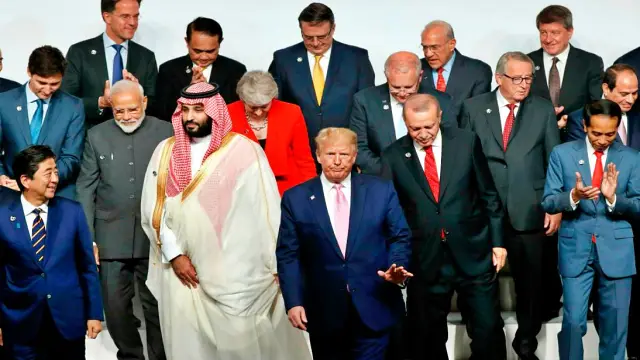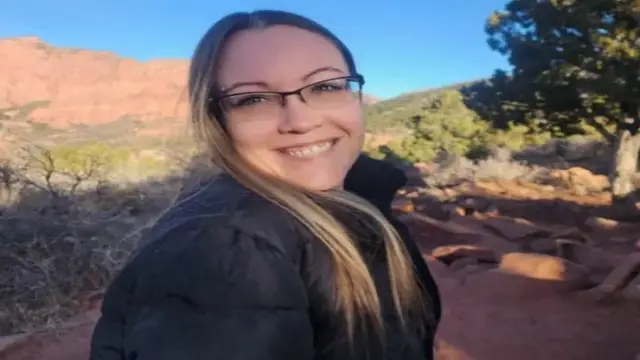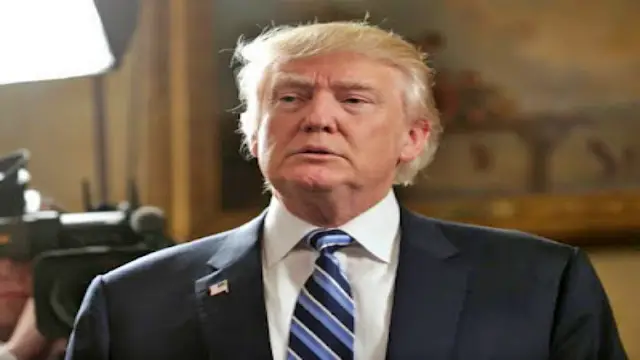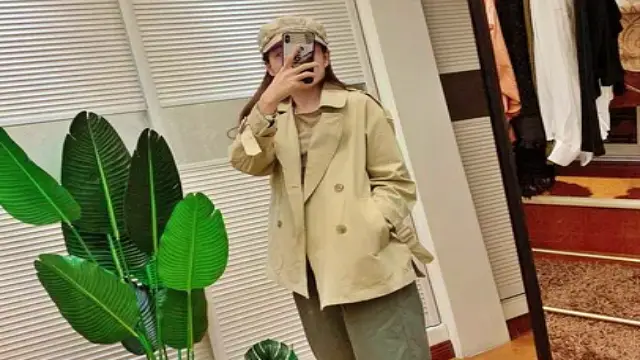Chaya Unnikrishnan (DNA; September 11, 2019)
Ayushmann Khurrana is on a roll with five back-to-back hits in the last three years. Recently, he added another feather to his cap by bagging the National Award for his performance in AndhaDhun. To celebrate and take a break from work, the actor went on a week-long holiday abroad with his wife Tahira Kashyap Khurrana and children — Virajvir and Varushka. “Going to Australia with my family was the best detox — It was good fun,” says the 34-year-old, who is now back to the grind, promoting his next, Dream Girl. Here, he talks about his upcoming films and being hailed as the poster boy for quirky, content-driven movies.
You’re on a professional high and this year has been great for you…
Yes, I have a feeling of gratitude. It’s a thin line that I’m treading between contentment and ambition right now. I’m feeling happy and simultaneously, there’s this need to do more. You’re rewarded, awarded, getting good scripts, the buzz is good for the next film. and you still want to explore more territories. I am in that phase.
What appealed to you about Dream Girl?
It was unique in a way because it’s going back to the roots. Traditionally, in Ram Leela and all these folklore, plays or theatre, most of the actors who play female characters are males. This is the story about that guy. And for some reason, his father is not that proud of the fact that he’s playing a girl in Ram Leela. But, he is gifted — he can talk in two voices, both male and female — he utilises this talent of his and joins a call centre. Some men fall in love with him, and it is about how he deals with the situation. Not only is it unique, but also quirky at the same time.
Have you done such voice modulation in your theatre days?
No, but I’ve done something like this in my radio days, because, of course, it’s voice-driven. And I did some prank calls, too. Also, I remember when I was 14 or 15, I was dating my first girlfriend and whenever her dad used to pick up the phone, I would talk like a girl and ask for her (laughs). I’ve done that in the past because that time one’s going on the cusp of childhood and puberty.
How easy or difficult was it for you to make the transition to a female voice now?
It was fine, but it’s just that because our film was in sync-sound, the transition from the male to female voice was not that smooth. So, I went to the studio gave 40-odd takes and then hit the right note.
What’s the best feedback that you’ve got for the film’s trailer?
I got a message from Rohit Dhawan (filmmaker); he loved the trailer. This film, of course, is a tribute to the ’90s David Dhawan kind of comedy where there is more elbow room for an actor to perform. Not only audiences but I also got feedback from industry insiders, trade people, who normally send me congratulatory texts only after the film becomes a hit or something. On the basis of a trailer, I had got messages from them earlier for Badhaai Ho and now for Dream Girl.
The ’90s era is known for its masala entertainer and loud comedies…
Yes, and this film is my most masala, commercial outing. I’ve not played with subtleties at all. I have gone all out and played on the front foot as far as the acting or portrayal of the character is concerned. It goes slapstick also in between. That’s the tonality of our film.
Since you started with Vicky Donor, did that set the ground for you to attract offbeat scripts?
It did. I think every actor has one staple, one zone. Mine is quirky slice-of-life films. And, I’m really happy in this zone because they always offer something unique. At the same time, themes that have not been tested before in Indian cinema are explored. So, it gives you a lot of scope for people to get excited for the subject of the film. It started with my first film and went forward with Dum Laga Ke Haisha.
In between, you did films like Bewakoofiyaan and Hawaizaada, which were formulaic and didn’t do well…
That was because, I was not getting those kind of scripts. Immediately after Vicky Donor, I was struggling to get the right kind of script because it set such a benchmark. And then, there was actually no quirky subject that I was offered. They were not getting made after Vicky Donor. So, for two-three years, I had no choice. I was doing what I was getting. There was a learning curve also at the same time.
Now every actor wants to be associated with content-driven cinema. When did that transition begin?
I guess now it is happening because there’s solid competition from digital medium, from the OTT platforms. If you don’t have something unique to offer, the audience will think twice before spending money for the tickets because they can obviously see a lot of amazing stuff happening on the web. The trend began three-four years back, and everybody’s driven towards getting attracted to content-based cinema. But I guess it started with Vicky Donor because a subject like sperm donation was seen by family audience. That was kind of a case study.
So, you are the poster boy of quirky content-driven cinema?
You can say that. I’m proud to be a part of that wave.
Going ahead, you have movies like Bala and Shubh Mangal Zyada Saavdhan, which deal with bold subjects…
Next up is Bala, which is based on a guy suffering from receding hairline. In a country like India, I’ve explored far-fetched topics like sperm donation and erectile dysfunction (Shubh Mangal Saavdhan), but receding hairline is the most common among males. Fifty per cent of men after the age of 30 suffer from hair reduction, even women for that matter. So, we’ve explored that. Again, that’s quirky, motivational and a lot of fun. Then comes Shubh Mangal Zyada Saavdhan where I play a homosexual. This is the first mainstream film with homosexuality in its forefront. We’re not shying away from anything on that front. After that there is Gulabo Sitabo. It is a slice-of-life film, but there is no one liner I can tell you about it. In the movie both me and Bachchan Saab are at loggerheads.
Were you intimidated when you had to interact with Amitabh Bachchan the first time during the shoot?
I had met him socially but on the sets, it was very different. He comes really prepared with everything. He knows your lines also. He’s an institution, he’s a living legend. Thankfully, he is that co-actor who’s very collaborative. So, the butterflies were gone when I met him on the set.
In Article 15, one saw you in a completely different avatar. Are you considering any more such outings or playing a dark character?
I would love to, but I have films like Gulabo Sitabo and Shubh Mangal Zyaada Saavdhan coming out next year. Right now, I am taking it easy and waiting for the right script.
I want to explore more territories – Ayushmann Khurrana





















